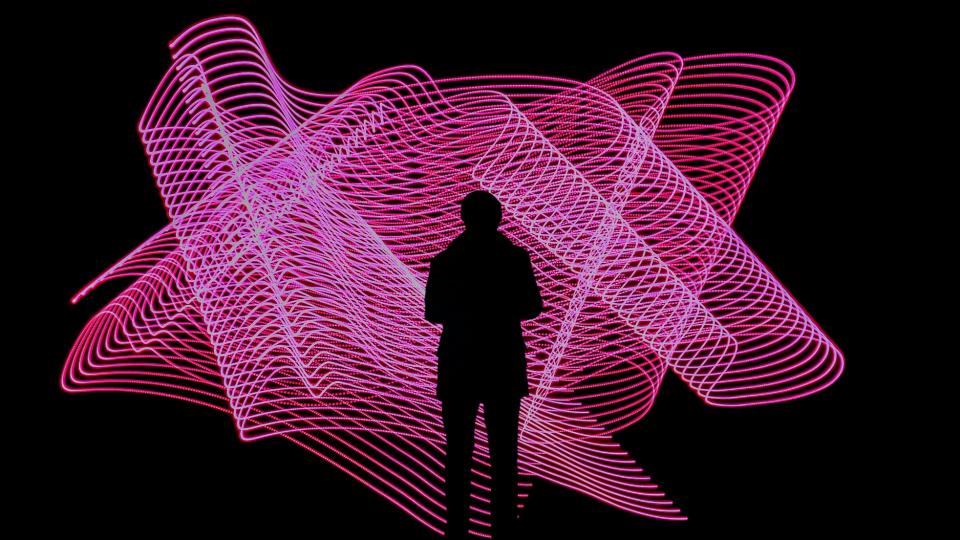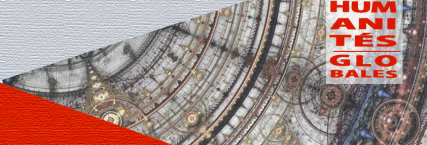
Defining the digital humanities
Published on
13 July 2021
, updated on
17 July 2021
Image

The digital humanities are at once a transdisciplinary field, a research object and a community.
A transdisciplinary field
Digital humanities concern all humanities and social sciences. They are the bearers of new methods linked to digital technology, and build formal models that can be manipulated by computers.
This transdisciplinary approach does not make a clean sweep of the past. On the contrary, digital humanities, while mobilizing computer tools, rely on all the paradigms, know-how and knowledge specific to each field.
Image

A research object
Digital humanities also designate a research object in its own right: the digital turn taken by society, which modifies and questions the conditions of production and diffusion of knowledge.
If digital humanities forge new formal models, applied to the disciplines of the humanities and social sciences, they also study what these models do to their objects of study, in an ethical and reflexive way.
Image

A community
For half a century, a multidisciplinary and international community has been formed around the digital humanities. It brings with it a new division of scientific work.
The field of digital humanities is thus characterized by the unprecedented extent of collaboration between the different professions of research, engineering, computer science, libraries and archives.
Image

The Observatoires des Humanités numériques of the ENS-PSL has a triple mission:
- supporting, in a transdisciplinary manner, the various training courses and projects in digital humanities at the ENS-PSL
- leading a collective reflection on the digital world and its epistemological and social consequences
- networking the various internal and external partners around digital humanities


